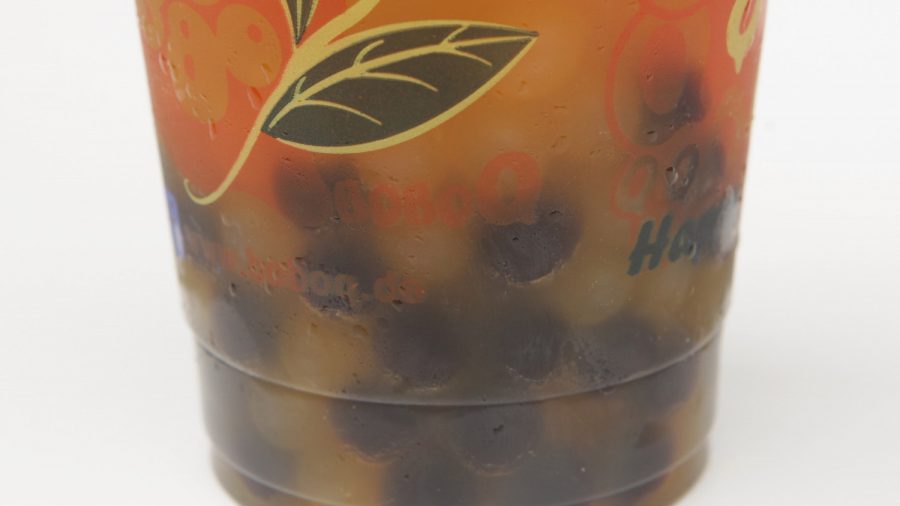A 14-year-old girl from China reluctantly admitted to the doctor that she had a cup of bubble tea after being constipated for five days, Asia One reported.
The doctor deduced that the black circles with shadows on the X-ray were hundreds of tapioca pearls from the bubble tea she had consumed over a period of time that extended beyond the past five days.
Chinese girl constipated for five days after hundreds of bubble tea pearls were stuck in her intestineshttps://t.co/tqbTb1OKXJ pic.twitter.com/cDaFvtHHwC
— AsiaOne (@asiaonecom) June 7, 2019
Dr. Zhang Louzhen also suspected that the young teen was afraid to admit she was drinking bubble tea because she was afraid her parents would punish her.
But she couldn’t hide her secret from her parents forever since she suffered from constipation, stomach aches, and not being able to eat. Her parents eventually sent her to the hospital on May 28, according to Yahoo Taiwan.
???? Chinese Girl Hospitalized, Doctors Find Hundreds of Undigested Bubble Tea Pearls in Stomach https://t.co/vNHyHUS0oN pic.twitter.com/fBppr4AfYw
— Reneta Thurairatnam (@Reneta22) June 7, 2019
After the CT scan and diagnosis, Zhang prescribed some laxatives to help with her clogged bowels.
A Chinese state hospital told a local newspaper that some stores add thickeners and preservatives to the tapioca pearls which may lead to gastrointestinal impairment.

A reporter from a Chinese television station reported about another girl in 2016 who consumed bubble tea and was unable to digest the tapioca pearls, The Epoch Times reported.
Later on, the shop confessed that the pearls were manufactured at a chemical factory using old tires and soles of leather shoes as ingredients.
Foods to be Cautious of When Traveling in China
Other than tapioca pearls, there are other foods to be wary of when eating in China.
Incidents of using rotten meat as raw ingredients for food products have been around for many years.
Some may be thinking bigger brands may be more trustworthy. However in a rotten meat scandal in 2014, big names like McDonald’s, Burger King, and Starbucks in China were reported to have used rotten meat products.
WATCH: #China supplier of KFC, McDonald’s accused of using rotten meat in fast-food products http://t.co/YiN41WSE7j pic.twitter.com/zgUHH3VC65
— SCMP Lifestyle (@scmplifestyle) July 21, 2014
Wines
A reported 70 percent of wines produced in China are fake.
As a tourist, you are a particularly easy target for crooked sellers of counterfeit wines that are stamped with expensive-looking labels but are very likely made with cheap fruit juice.
Unless you have trustworthy local friends, buying wine yourself can be tricky.
Table Salt
Due to lax regulations, industrial salts can find their way to dining tables in China. In April 2016, 35 tons of industrial salts were packaged as edible salts and sold for large profits.
Industrial salts for human consumption contain poisonous metals like lead, arsenic, and mercury that can cause nerve damage and cancer.
Bacon
If you are in China, spend more time carefully choosing your breakfast bacon, unless it is clearly labeled as imported from a safe country.
The recent epidemic of African Swine Fever in China has severely damaged pork production. As of May, some producers have gone as far as selling infected meat.
There was a large-scale bacon scandal in 2015 across 11 areas in China. 110 suspects purchased pigs that died of diseases at cut-rate prices and processed them into bacon, ham, and oil.
Epoch Times reporter Jasmine Nan contributed to this report.


